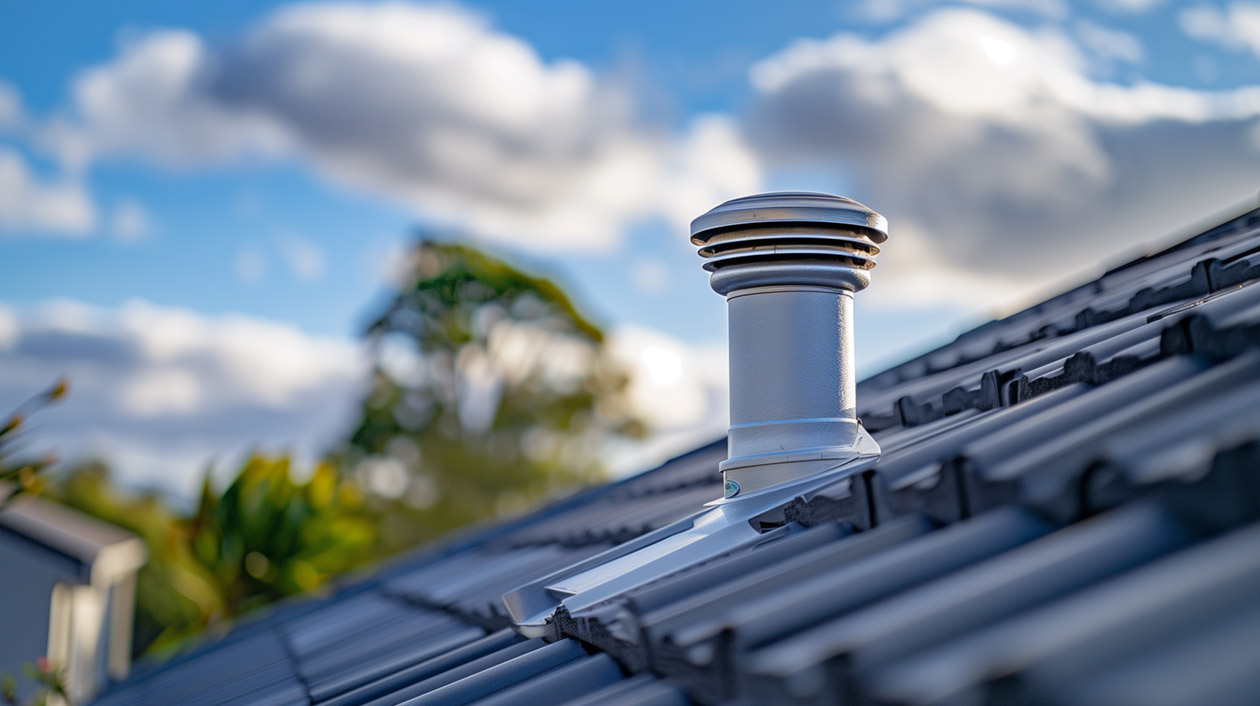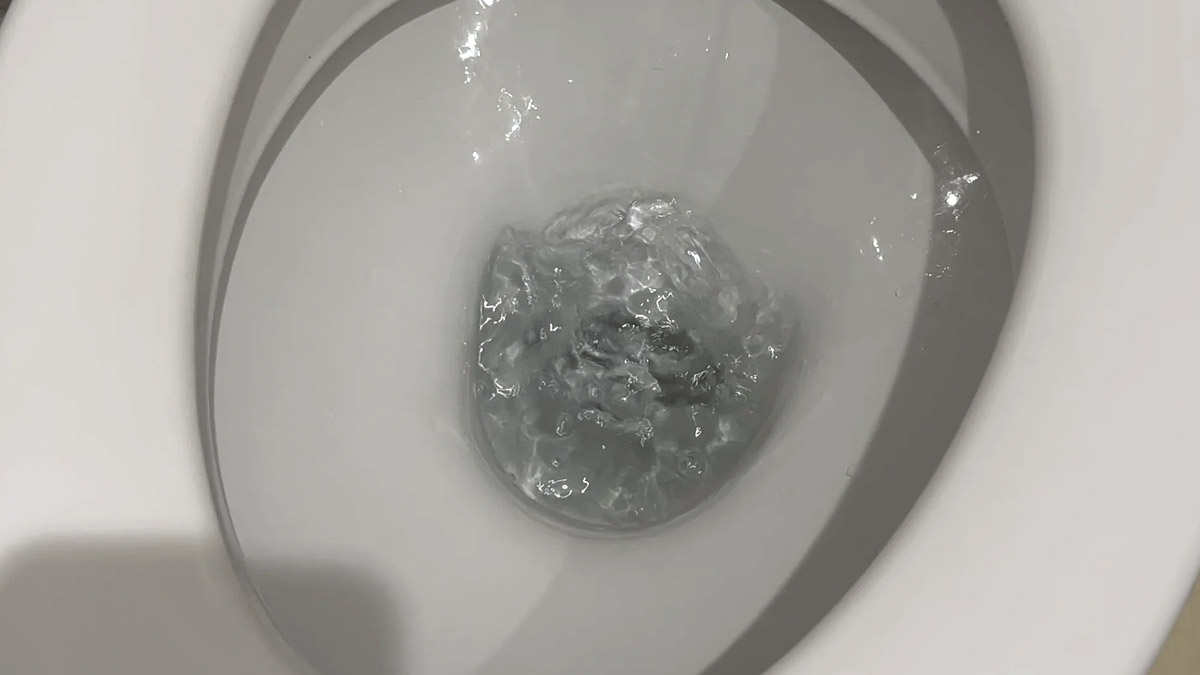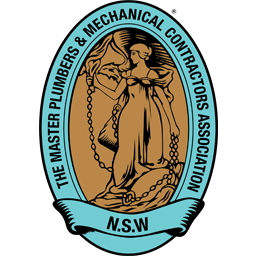Read this article if you hear a gurgling sound coming from your toilet when you shower because it could indicate a plumbing problem that needs fixing.
A gurgling toilet is more than just an annoying sound; it often signals an underlying issue within your plumbing system. Understanding the causes and solutions can save you from potential water damage and costly repairs down the line. Let’s explore the reasons behind this gurgling phenomenon and how you can address it.
Understanding the Gurgling: Common Causes
Several plumbing issues can cause a gurgling toilet when showering. The root cause often relates to air pressure and venting.
Role of Venting
Your plumbing system relies on proper venting to maintain balanced air pressure. Vent pipes allow air to enter the system, preventing a vacuum from forming when water drains. If these vents become blocked, negative air pressure can cause air bubbles to escape through the toilet, creating a gurgling sound.
Vent Stack Issues: Uncovering the Mystery Behind a Gurgling Toilet
When your home harmony is disrupted by the unsettling sound of a gurgling toilet while showering, it’s time to turn our attention to a less obvious but vital component of your plumbing system: the vent stack. Understanding the vent stack’s role is crucial in diagnosing and resolving the pesky gurgling noises emanating from your bathroom.
What Is a Vent Stack?
A vent stack, part of your home’s plumbing system, is like the unsung hero maintaining the balance of air pressure within your drainpipes. It’s a vertical pipe that extends through the roof, allowing fresh air to enter the plumbing system and used air and gases to escape, ensuring a smooth and odorless waste transportation process.

How Vent Stack Problems Cause Gurgling Noises
With the shower turned on, a significant amount of water flows down your drain, creating a vacuum effect in the pipes. The vent stack’s job is to prevent this vacuum by letting air in, which helps water flow freely. However, if the vent stack is blocked or compromised, the necessary air flow is hindered. As a result, the pressure difference sucks air from other sources, including your toilet, leading to the gurgling sounds you hear. This gurgle is an SOS from your plumbing system, signaling that the vent stack isn’t performing its critical role.
- Blockage: Leaves, nests, or debris can block the vent stack, restricting air flow.
- Structural Damage: Over time, the vent stack can suffer from wear, tear, or frost, which can lead to cracks or holes that disturb the air balance.
- Improper Installation: If the vent stack was not installed correctly, it could be too small to handle the amount of air required for proper function or it might be positioned in a way that doesn’t allow for sufficient air flow.
Identifying vent stack issues can be complex and usually requires professional attention. Experts can clear out blockages or repair any structural damages, restoring the silent and smooth operation of your drains and putting an end to the distracting gurgling noise when you shower.
Dylan Attard, a professional plumber at True Flow Plumbing and Drains says “Many homeowners overlook the vent pipe on their roof. It’s crucial to ensure it’s clear of debris like leaves and nests, especially during autumn. A blocked vent pipe is a common culprit behind gurgling toilets, as it disrupts air pressure and prevents proper drainage.”
Other Frequent Culprits
Here are the most common causes of a gurgling toilet during showers:
- Clogged Drain Line: Hair, soap scum, or foreign objects can accumulate in the drain line, obstructing water flow and causing air to become trapped.
- Blocked Vent Pipe: Leaves, debris, or even bird nests can block the vent pipe, disrupting airflow and leading to negative air pressure.
- Main Sewer Line Problems: A clog or damage in the main sewer line can affect the entire plumbing system, causing gurgling and other drainage issues.
- Improper Plumbing Installation: Incorrectly installed plumbing, especially the vent system, can create air pressure imbalances and lead to gurgling.
- Faulty Toilet: In rare cases, a faulty or blocked toilet with internal problems may be the source of the gurgling.
Troubleshooting & Solutions: Reclaiming the Peace
Fortunately, several solutions exist to tackle a gurgling toilet. Start with simple DIY plumbing methods before considering professional assistance.
DIY Remedies
- Clear the Toilet Clog: Use a plunger or a plumbing snake to dislodge any blockages within the toilet trap or drain line.
- Inspect the Vent Pipe: If accessible, visually check the vent pipe on your roof for visible obstructions like leaves or debris and remove them carefully.
- Baking Soda and Vinegar: Pour a cup of baking soda followed by a cup of vinegar down the toilet drain. The fizzing reaction can help break down minor clogs. Dylan Attard says “Avoid using chemical drain cleaners to address gurgling or clogs. These harsh chemicals can damage your pipes over time. Opt for gentler solutions like baking soda and vinegar or a plumbing snake for minor blockages.“
- Check Other Drains: If multiple drains gurgle, the problem may lie within the main sewer line. Avoid using chemical drain cleaners, as they can damage pipes.
When to Call a Plumber
Certain situations warrant professional help:
- Persistent Gurgling: If the gurgling continues despite your efforts, a more complex blockage or plumbing issue may exist.
- Multiple Affected Fixtures: Gurgling in multiple drains often indicates a problem with the main sewer line, requiring professional inspection and cleaning.
- Sewer Line Concerns: Signs like sewage backups, foul odours, or slow drains throughout the house point towards a sewer line issue that needs professional attention.
- Plumbing Expertise Lacking: If you’re unsure or uncomfortable dealing with plumbing problems, seeking expert help is always the safest option.
A gurgling toilet while showering may seem like a minor annoyance, but it often signifies a plumbing issue that requires attention. By understanding the causes and potential solutions, you can take proactive steps to address the problem and prevent further complications. Remember, simple DIY methods can often resolve the issue, but don’t hesitate to call a plumber for persistent or complex situations. With a little effort, you can restore peace and quiet to your bathroom and ensure your plumbing system functions smoothly for years to come.



